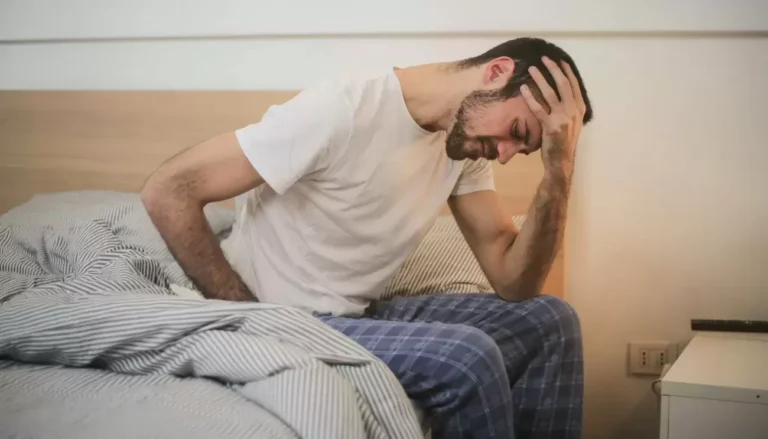Getting enough sleep is a critical part of building a healthy lifestyle for yourself. Without proper rest, both your physical and mental health are likely to suffer.
Sleep issues are more common among people with mental health conditions – an estimated 50-80% of people with a mental health condition have chronic sleep difficulties, compared to just 10-18% of the general population. Even if you didn’t face sleep challenges during the peak of your symptoms, you may experience some of the following as you go through recovery:
- Sleeping more or less than usual
- Trouble falling asleep
- Trouble staying asleep, waking up multiple times each night
- Trouble waking up
- Extreme tiredness during the day
- Vivid dreams
Ideally, working on your mental health recovery will help you get better sleep – and better sleep can then boost your mental well-being. Like most things, this is easier said than done. Recovery also comes with some challenges that might make it hard to get proper rest, especially in the early stages of your recovery.
Poor sleep hygiene
“Sleep hygiene” refers to your sleeping environment, routines, and other habits – like sleeping with background noise or light, excessive napping or time spent in bed, irregular sleep and wake times, or stimulating activity before bed. Poor mental health contributes to poor sleep hygiene. The sleep hygiene habits you create because of poor mental health can be hard to break, even once your mental health starts to rebound. You might not even realize that you have poor sleep hygiene because many effects (like irritability and trouble concentrating) may feel more connected to your mental health than your sleep.
Medication and rapid eye movement (REM) sleep
Most mental health medications interrupt the rapid eye movement (REM) stage of sleep. REM sleep plays an important role in emotional processing, memory consolidation, brain development, and preparing your body for daytime alertness. Some research has also found that REM sleep helps people recover from stressful events. Not getting enough REM sleep can negatively affect your memory, mood, and judgment.
Emotional exhaustion
Let’s face it – healing is tiring. Dealing with your mental health symptoms is usually much more painful than recovery, but recovery is hard work. Lots of big emotions can come up as you start to feel better and reflect on your mental health condition and any recent episodes. These feelings might keep you up at night with spiraling thoughts and/or leave you exhausted and detached during the day.
Tips for improving sleep
Look at your sleep hygiene
Many aspects of life can impact your sleep habits, like caring for children, work schedules, or other health conditions. Your approach to sleep hygiene may need to be unique to your lifestyle, but there are some general strategies to keep in mind:
- Maintain regular sleep and wake times if possible (yes, even on the weekends!)
- Seek out natural sunlight in the mornings – take a walk or sit by a window
- Get regular exercise during the day to expend energy
- Consider reducing overall caffeine intake to one serving per day
- Avoid sugar, alcohol, caffeine, exercise, and electronic devices right before bed
- Incorporate healthy ways to unwind into a bedtime routine, like journaling or meditating
- Make your sleeping environment cool, dark, and quiet
Talk to your doctor
For some people, sleep-related side effects of medication are mild and go away on their own in a few weeks. For others, side effects can be so severe that they disrupt a person’s life. Everyone responds differently to medication, and your doctor can help you figure out what’s right for you. You may be able to change when you take your medication, switch to a new drug, or find another solution.
 If you’re working on improving your sleep but still find yourself struggling, you might be showing the early warning signs of a mental health or substance use condition. Visit mhascreening.org to take an anonymous, free, and private mental health test. It only takes a few minutes, and after you are finished, you will be given information about the next steps you should take based on the results.
If you’re working on improving your sleep but still find yourself struggling, you might be showing the early warning signs of a mental health or substance use condition. Visit mhascreening.org to take an anonymous, free, and private mental health test. It only takes a few minutes, and after you are finished, you will be given information about the next steps you should take based on the results.
If you or someone you know is struggling or in crisis, help is available. Call or text 988 or chat 988lifeline.org. You can also reach Crisis Text Line by texting HELLO to 741741.


